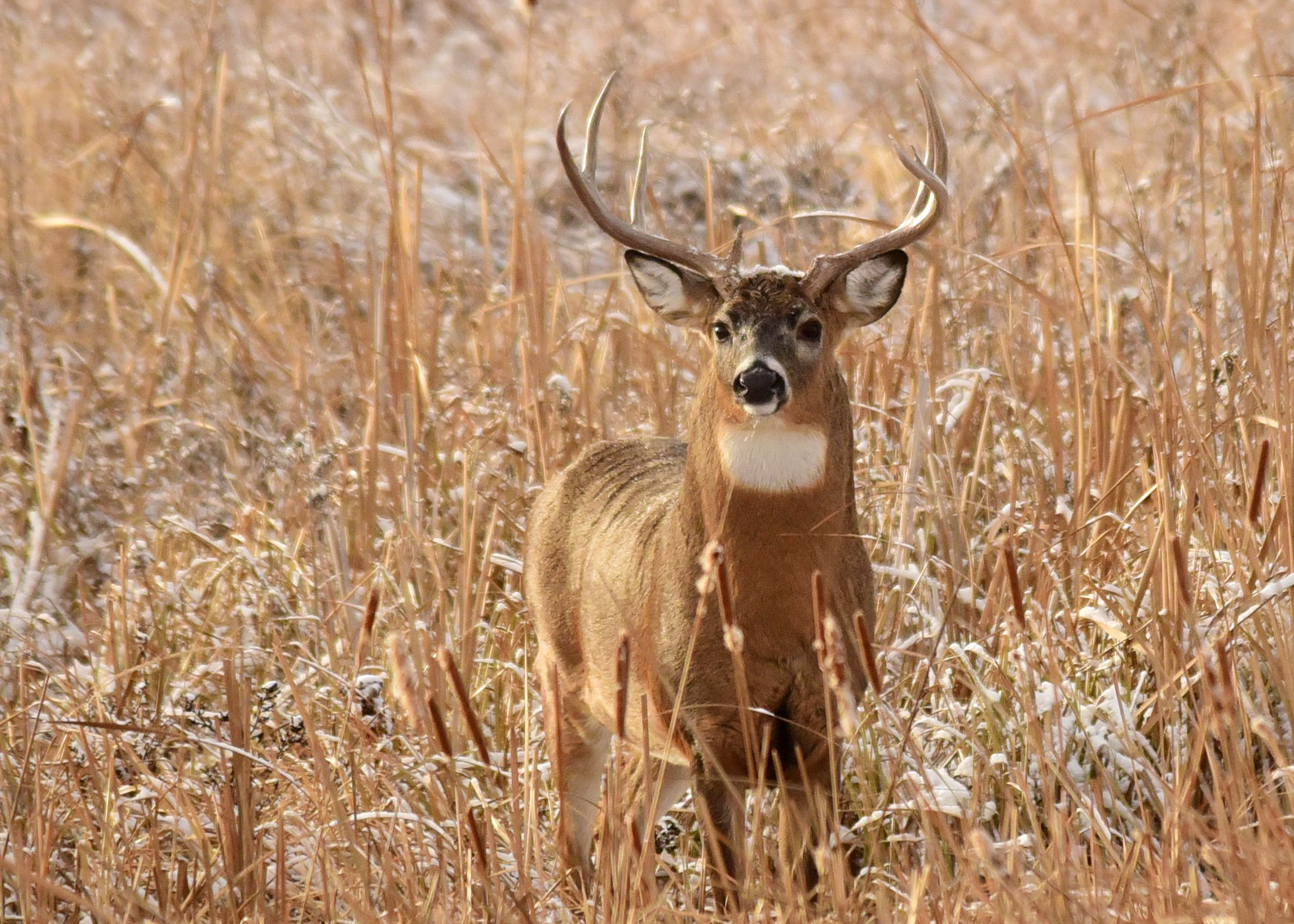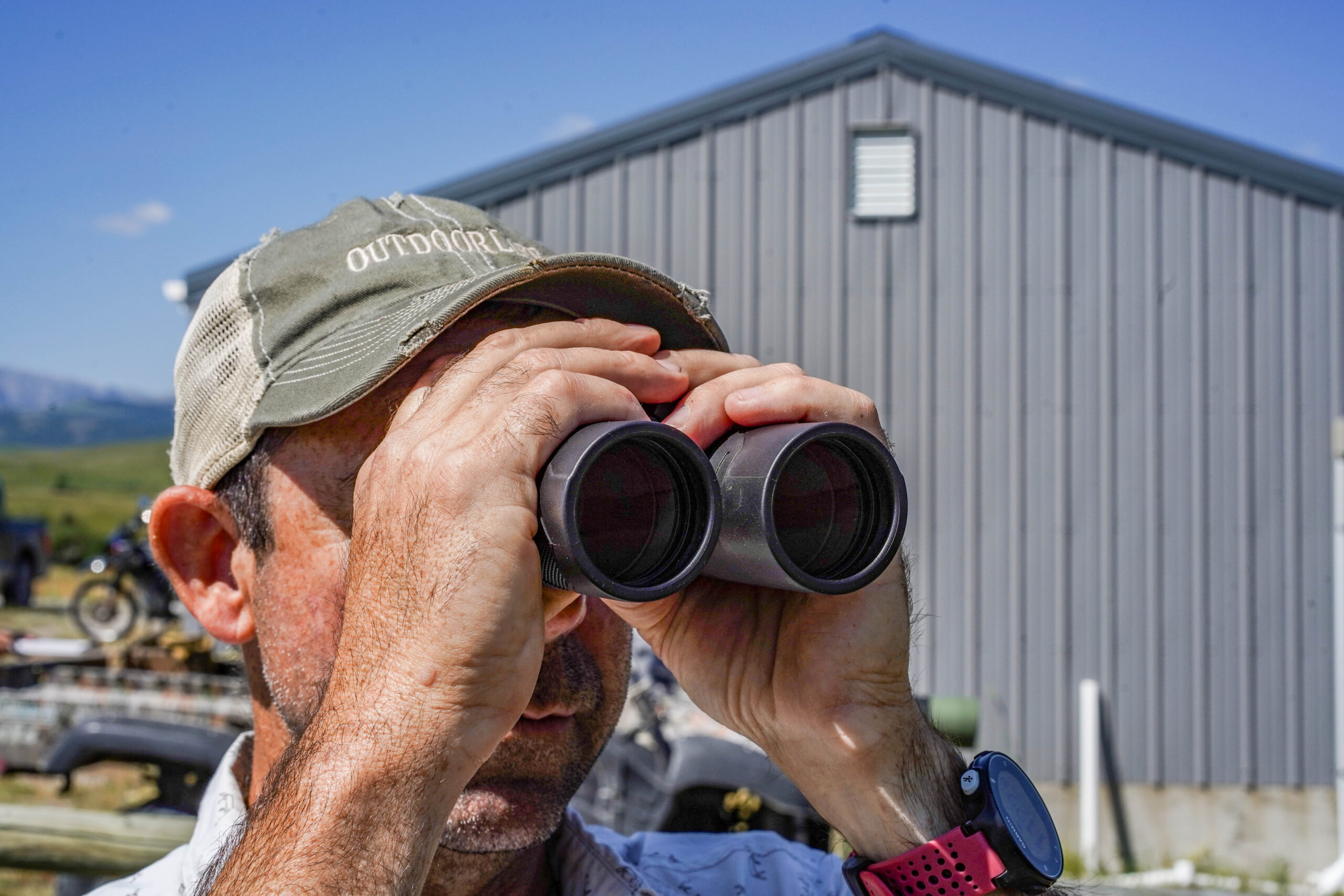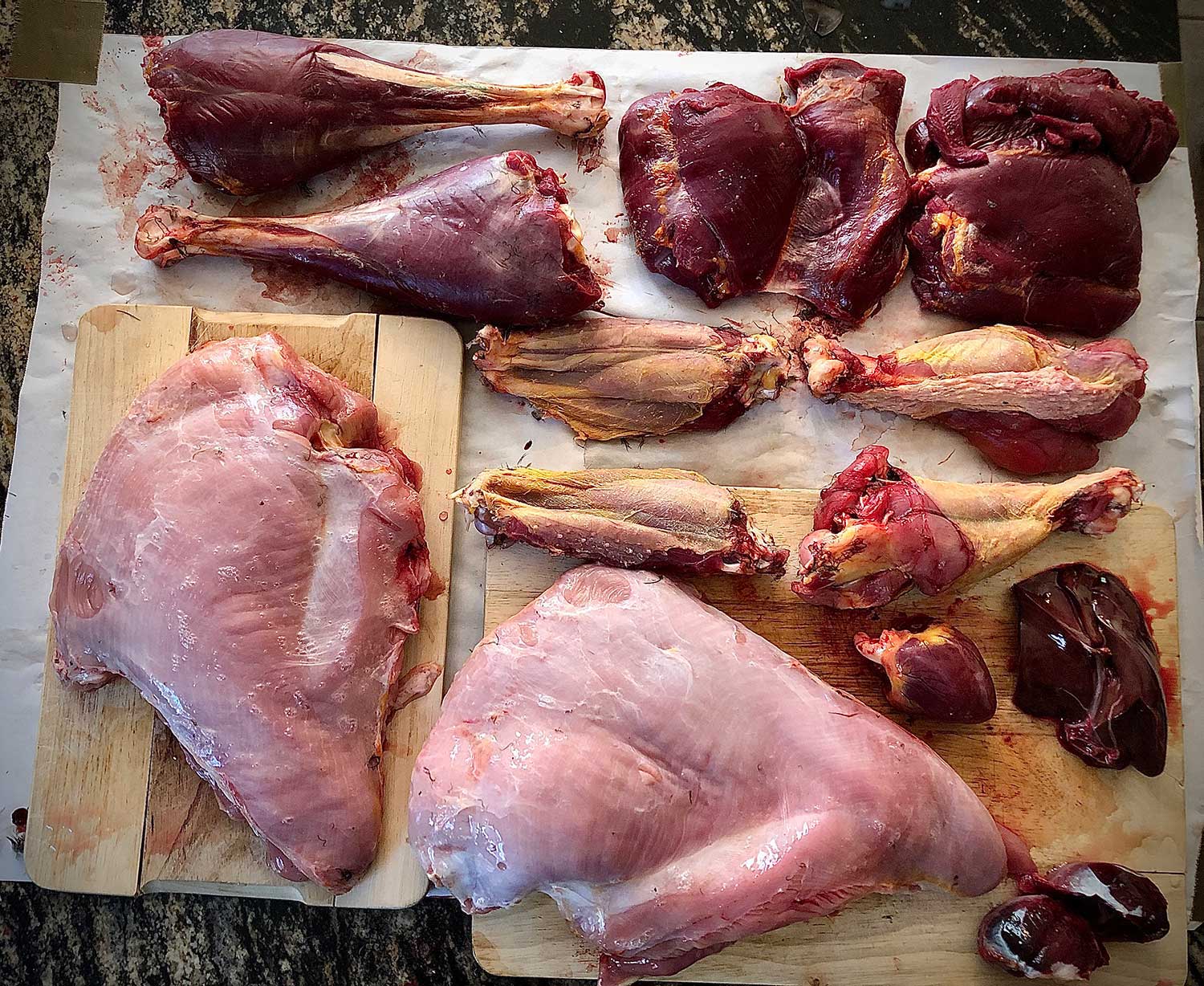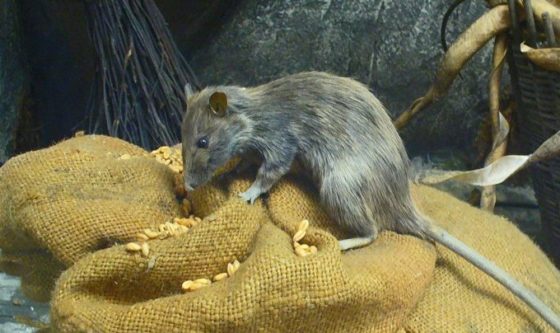Feds Are Officially Reimbursing Hunters Who Shoot Non-Tox on These 7 Refuges

In July, the U.S. Fish and Wildlife Service implemented a new incentive-based program that offers rebates for hunters who choose to use lead-free ammo at a select number of wildlife refuges around the country. And on Nov. 19, the USFWS launched a website where hunters at those refuges can go to get reimbursed for their ammo purchases. Here’s a brief guide to the pilot program and how the reimbursements work.
The Feds’ incentive program went into effect July 24 at seven national wildlife refuges. Because of the varying regulations at each refuge, the dates and rules (including the kinds of weapons permitted) vary from one to the next. (Remember, non-toxic shot is already required for hunting waterfowl nationwide. So the new program mostly applies to deer and elk hunters.) The list of participating refuges and the kinds of hunting opportunities allowed there are as follows:
- Blackwater NWR, Maryland – Deer hunting. Hunters need a special refuge permit, and rifle season runs from Nov. 25 to Dec. 1. Visit the refuge’s website for exact dates and regulations.
- Canaan Valley NWR, West Virginia – Hunting for all species. General gun season runs from Sept. 1 to Feb. 28. Visit the refuge’s website for exact dates and regulations.
- Patoka NWR, Indiana – Deer hunting. Hunters need a special refuge permit, and rifle season runs from Nov. 16 to Dec. 1. Muzzleloader season runs Dec. 7-22. Visit the refuge’s website for exact dates and regulations.
- Pocosin Lakes NWR, North Carolina – Deer hunting. Visit the refuge’s website for exact dates and regulations.
- Wallkill River NWR, New Jersey – Hunting for all species. Visit the refuge’s website for exact dates and regulations.
- William L. Finley NWR, Oregon – Elk hunting. Hunters need a special antlerless-only permit. Shotguns only, various hunts scheduled from Sept. 14 to Oct. 25. Visit the refuge’s website for exact dates and regulations.
- Trempeleau NWR, Wisconsin – Deer Hunting. Hunters need a special permit, and rifle season runs from Nov. 25 to Dec. 1. Visit the refuge’s website for exact dates and regulations.
Three of the above refuges (Blackwater, Canaan, and Wallkill) are hosting additional education workshops about non-toxic ammo, according to the USFWS. There are also opportunities to test ammunition at the three refuges, although it’s unclear what those opportunities look like.
Hunters at participating refuges who opted to go lead-free can start the process of claiming their rebate by filling out this online form. Along with the form, hunters will need to provide a copy of their refuge permit along with a receipt of the ammo purchase. Only ammo purchases made after July 24 are eligible for reimbursement.
Eligible participants will receive prepaid debit cards for $50 per box of rifle ammunition and $25 per box of shotgun or muzzleloader ammunition. There is a limit of two boxes per eligible hunter. Hunters who reload their own ammo are also eligible for up to $100 for lead-free components for rifle ammunition and up to $50 for lead-free components for shotgun ammunition.
The USFWS specifies, however, that the rebates “will be provided on a first come, first serve basis until the available funds at each refuge are exhausted.” So the sooner you submit your proof of purchase, the better your chances for getting reimbursed.
The ongoing pilot program that launched in July is a new approach in the USFWS’ strategy to get hunters to go lead-free. Instead of forcing them to switch to non-lead ammunition — which is still occurring on some refuges — the idea is to incentivize hunters to switch themselves. The USFWS will monitor the pilot program to judge its effectiveness and to see if it could be expanded to additional refuges in the future.
Read Next: Instead of Banning Lead Outright, Feds to Try Paying Hunters to Use Non-Toxic Ammo on Certain Wildlife Refuges
Hunters have traditionally pushed back on lead ammo restrictions and outright bans, citing the higher cost of non-lead ammunition and, in some cases, its efficacy. The cost difference between lead and non-lead alternatives could legitimately keep some hunters out of the field, and this was a major objection voiced by hunters when the feds tried to enact a sweeping lead-ammo ban in 2017. The new, non-regulatory approach was supported by the Hunting and Wildlife Conservation Council, and it’s the feds’ attempt to use the carrot instead of the proverbial stick.
To be clear, stricter regulations will still play a role going forward. At least one of the refuges participating in the new pilot program, the Patoka NWR in Indiana, is already planning to phase out lead ammo and fishing tackle by 2026.
Read the full article here







